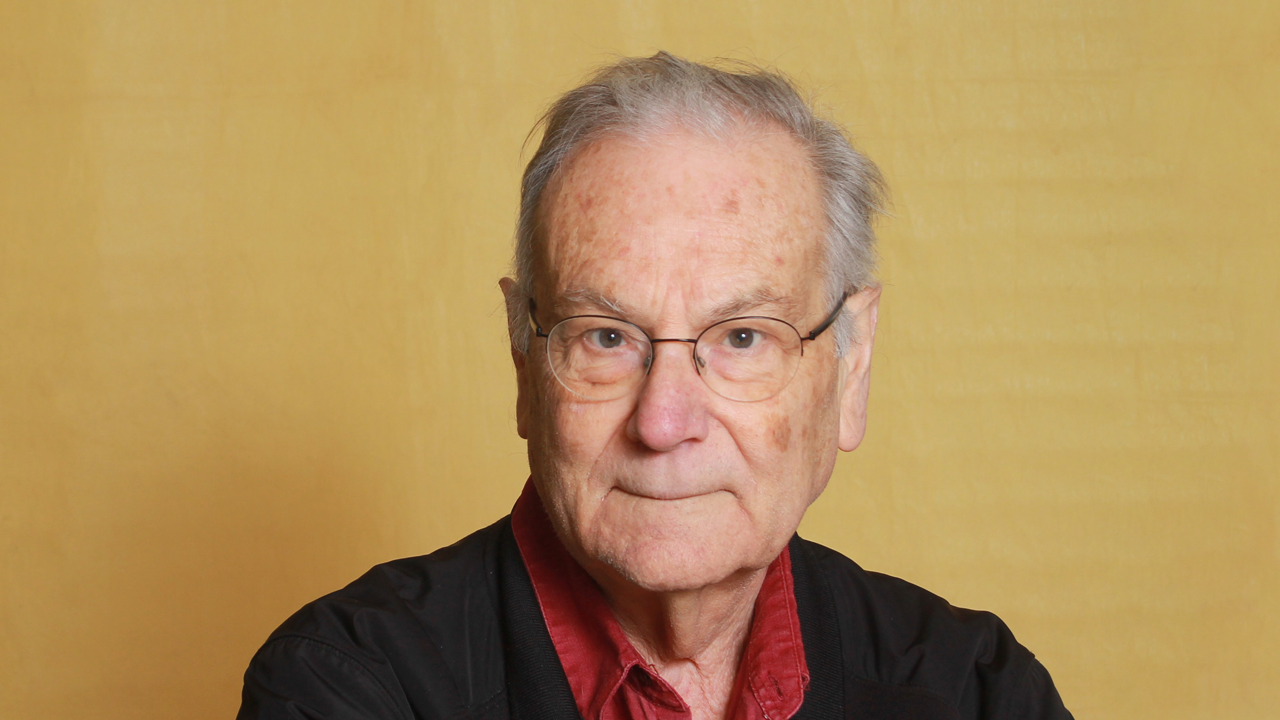
Joan Martinez-Alier
Winner of the Holberg Prize
The 2023 Holberg prize is awarded to Catalan scholar Joan Martinez-Alier for his ground-breaking research in ecological economics, political ecology and environmental justice.
Professor Joan Martinez-Alier is a world-leading scholar of ecological economics, political ecology, and environmental justice. His transdisciplinary research integrates social and natural sciences, proposing a humanities-driven form of economics. He is based at the Universitat Autònoma de Barcelona (UAB), at the Institute of Environmental Science and Technology (ICTA-UAB).
Martinez-Alier is highly influential in diverse fields. These range from anthropology, geography, environmental studies and political economy to agrarian studies, and the analysis of food systems. He is a major figure and leading public intellectual in the burgeoning movement for ’degrowth’ and agroecology. Analytically clear, his critiques of mainstream economic theory raise questions about the dominant focus on economic growth as the sole metric of a good economy. His approach rejects economic models based on extracting resources from the environment to support material accumulation and consumption. Instead, his economic framework centres human and environmental flourishing, creating an alternative, pluralistic theory of value for determining economic judgements. The empirical basis of his theory draws on extensive and long-term research conducted in a variety of global contexts.
Based on participatory research methods, his analysis emerges from dialogue with indigenous and non-western forms of life and knowledge. A central concern of Martinez-Alier’s work is how environmental questions are inseparable from analysis of historical injustices and ongoing inequalities. These injustices raise questions concerning the ‘ecological debt’ that so-called ‘developed nations’ owe formerly colonized countries.
Two of his most influential books are Ecological Economics: Energy, Environment and Society (with Klaus Schlüpmann, 1987) and The Environmentalism of the Poor: A Study of Ecological Conflicts and Valuation (2002). Ecological Economics traces the history of ecological critiques of economics from the 1860s to the 1940s. It was a major catalyst in the development of political ecology through its articulation of a different tradition of economic thought.
The Environmentalism of the Poor examines the relationship between environmental conflicts and poverty. The book overturns assumptions that there is a necessary conflict between improving the economic well-being of the poor and attaining environmental sustainability.
Martinez-Alier is a founding member of the International Society for Ecological Economics. He also founded the Institute of Environmental Science and Technology (ICTA-UAB) at the Universitat Autònoma de Barcelona. The Institute is a multidisciplinary centre promoting the study of the nature and causes of environmental problems, and seeks constructive policies that enable transition to a sustainable economy. A key part of its work is the Environmental Justice Atlas that documents environmental justice struggles around the world.
Martinez-Alier has the unusual distinction of both anticipating and actively engaging with the interrelated planetary challenges of poverty, climate change, and food security. His innovative theories and mentorship continue to build the capacity of new scholars and policy makers to address these intersecting crises of global economic life.
Joan Martinez-Alier is undoubtedly a highly worthy recipient of the 2023 Holberg Prize.
On behalf of the Holberg Committee,
Heike Krieger, Committee Chair
Joan Martinez-Alier
(b. 1939)
Joan Martinez-Alier is professor emeritus at the Environmental Science and Technology Institute of Universitat Autònoma de Barcelona (ICTA-UAB). He is also professor emeritus at Latin American Social Sciences Institute (FLACSO), Quito.
His numerous publications include Labourers and Landowners in Southern Spain (1971), Haciendas, Plantations and Collective Farms (Cuba and Peru) (1977), Ecological economics: energy, environment and society (1987, with Klaus Schlüpmann); Varieties of environmentalism: Essays North and South (1997, with Ramachandra Guha); and The Environmentalism of the Poor: A Study of Ecological Conflicts and Valuation (2003). In addition, with Roldan Muradian he co-edited Handbook of Ecological Economics (2015). He contributed to the book Degrowth: a vocabulary for a new era (2014) and co-edited the textbook Ecological Economics from the Ground Up (2013). The latter book emerged from a collaborative research project, Civil Society Engagement with Ecological Economics (CEECEC), 2008-2010, which was followed by the Environmental Justice Organizations, Liabilities and Trade (EJOLT) project (2011-15).
Martinez-Alier has served as president of the International Society for Ecological Economics in 2006 and 2007, and as a member of the scientific committee of the European Environment Agency between 2000 and 2008. Since 1990, Martinez-Alier has edited the journal Ecología Política.
His research focuses on ecological economics, political ecology, agrarian studies, environmental justice, and the environmentalism of the poor and the indigenous. In 2016 he was awarded a European Research Council Advanced Grant for the project EnvJustice (A global environmental justice movement), 2016-21. He is a co-founder of the Global Atlas of Environmental Justice (EJAtlas). In 2020 he was awarded the Balzan prize, and in 2023 the Holberg prize.
Based on the EJAtlas, in 2023 he will publish the volume Land, Water, Air and Freedom: The Making of World Movements for Environmental Justice analysing hundreds of “ecological distribution conflicts” and the “valuation languages” displayed by poor and indigenous activists. Revealing the enormous circularity gap at the centre of the industrial economy, the book maps diverse geographies of resistance at the frontiers of commodity extraction and waste disposal, and the protagonists of a world counter-movement for environmental justice. Martinez-Alier also has a significant contribution in the 2023 volume The Barcelona School of Ecological Economics and Political Ecology (co-edited Sergio Villamayor and Roldan Muradian).
LINKS
Personal page at EnvJustice
Citation from the Holberg Committee